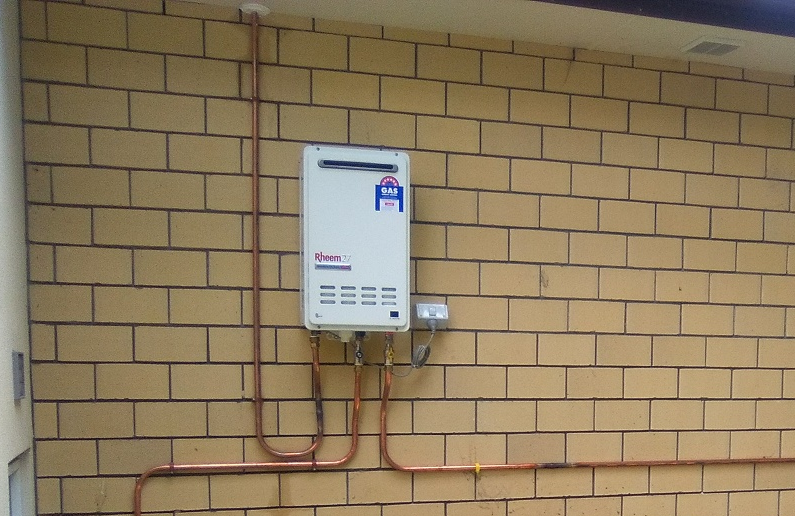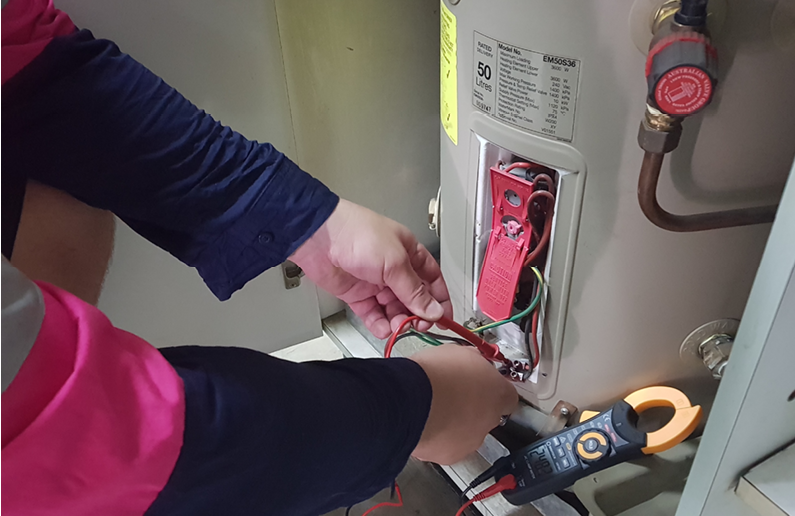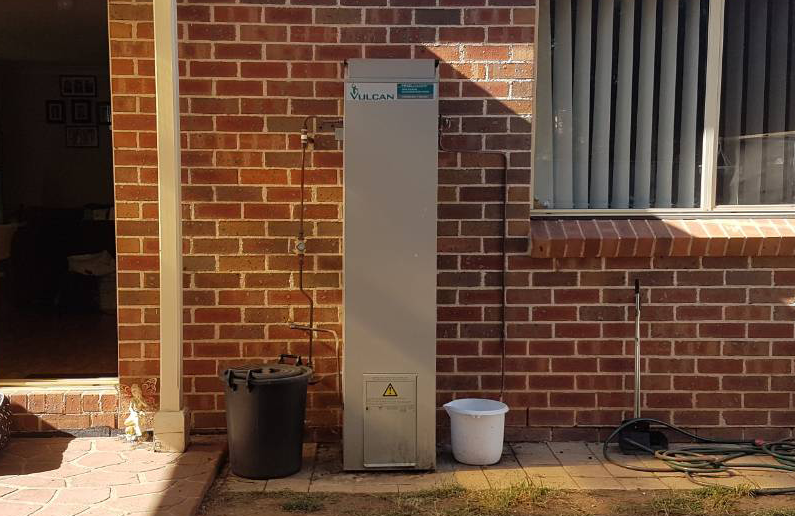An Insight into Contemporary Hot Water Systems
RH Business Marketing Solutions
An Insight into Contemporary Hot Water Systems
Consistent and instant access to hot water is paramount in every household. The only problem is that water heaters are some of the most energy-hungry appliances in an average home that account for 15% of utility bills. That is to say that those who are using a suboptimal heater risk losing hundreds of dollars every year. On the other hand, making a wise upfront investment enables one to reap many benefits over a long haul. Here are the key factors you should take into account before going on a shopping adventure.
Knowing Your Options
Technology is constantly improving and heaters are more efficient than ever. However, they are not created equal and besides, needs of people differ wildly. A new heater may seem like an expensive purchase, but do not wait for an emergency to strike or your budget to slowly melt. Get familiar with the basic types of heaters available today. There are four common options to choose from:
· Conventional storage heaters are still the most widely used of all. They maintain a steady reservoir and release the water when you use the tap in the home. As the hot water level drops, the cold water enters the reservoir and replenishes the used water. One big downside of conventional storage heaters is the fact that they constantly heat water via a stand-by energy process. Hence, from the energy-efficiency standpoint, they lag behind their counterparts.
· Tankless (on-demand) water heaters certainly have an edge in the green department because they do not face you with stand-by energy losses. This is due to the lack of a standard reservoir, which so many people are used to. When you turn on a tap, the cold water simply travels to the heater. In there, gas burners or electric heating elements raise the temperature and supply you with hot water galore.
· Indirect water heaters are unique in a sense they are an integral part of the household heating system. Much like conventional storage units, they maintain a certain amount of water in a tank. However, the difference is that they are not using their own heat source to provide hot water. Instead, they harness heat from a furnace or a boiler. This “native” integration makes them rather energy efficient.
· Solar water heaters are a newer addition to product palette, a staple of renewable energy home systems. As the name suggests, they capture sunlight to heat the water in the tank. So, unlike all other heaters, they do not use common energy sources—propane, natural gas, and electricity. Active versions have circulating pumps and controls, while passive models lack them.
Making The Right Call
Regardless of your choice, make sure to maintain your heater properly. That is the key to increasing its longevity and long-term performance. All heaters have their lifespan and some are harder to install than others. With this in mind, you should find reliable local pros, as the guys behind Hot Water Nurse, for all your repair and installation needs. Furthermore, never lose sight of energy-efficiency, bearing in mind that older models are always less efficient than the newer ones.
Once you decide on the type of water heater, you have a few more steps in the decision making process to complete. One of the key factors is the appropriate size of the heater. For instance, if you live just with your partner, it is not like you require a conventional unit with a large reservoir, as that would only lead to inflated energy bills. \
Guest Contributor, Lillian Connors
Test the waters
Heaters are essential appliances no home can do without. But, an unfortunate choice can also cause many problems and headaches. So, it is crucial to research different sizes and types of heaters. There is no shortage of quality solutions out there and you want to purchase the one that is right for your needs. If you play it smart, the investment is likely to pay dividends as you will trim your energy consumption and bills. To get the most bang for your buck, take your time when shopping around, and commit to regular maintenance. Do not rush such an important decision.


